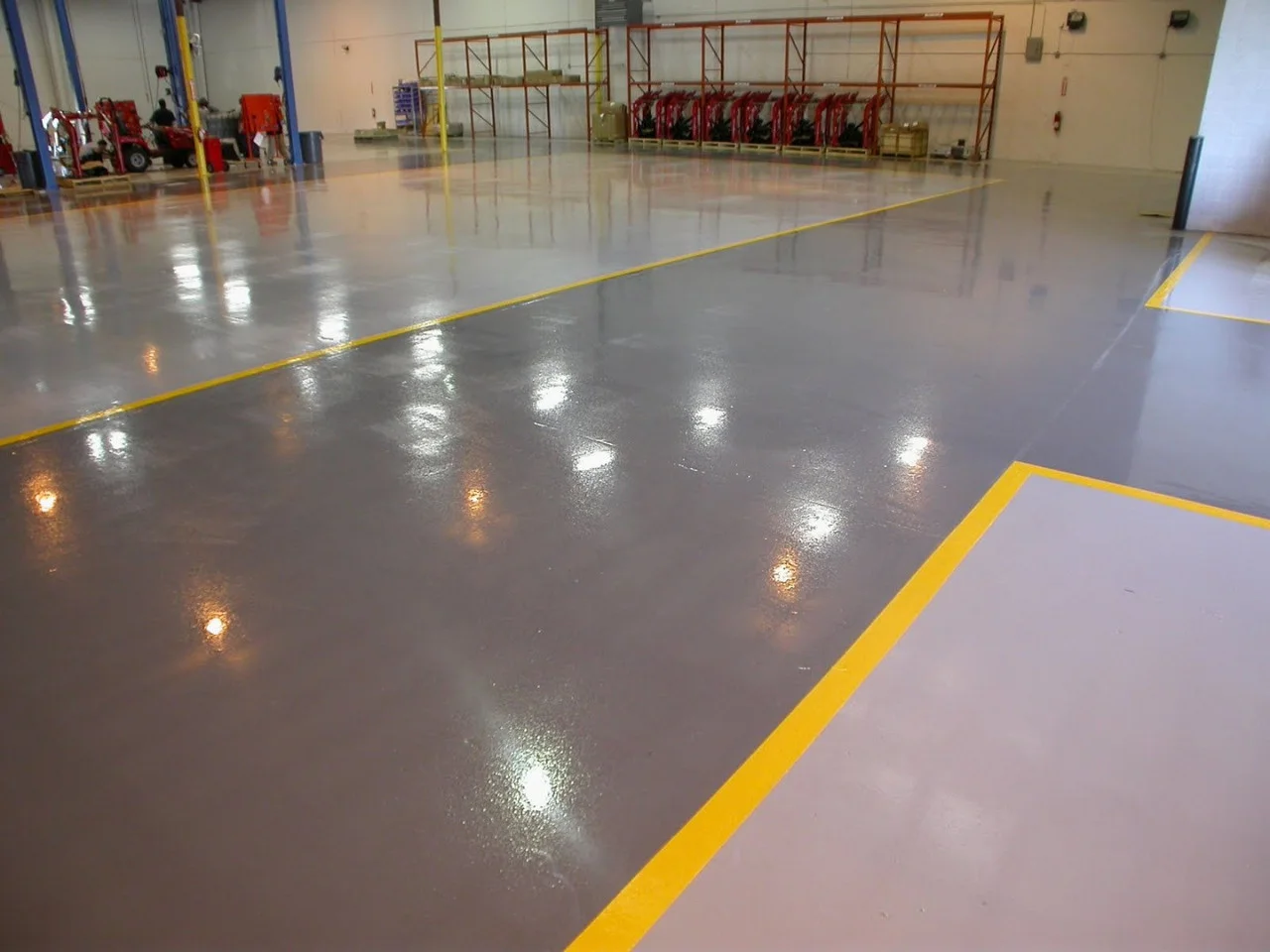Concrete is a durable and long-lasting surface that requires little maintenance. However, if left unsealed, it can become a breeding ground for mould and mildew, damaging your home’s foundation as well as causing health issues for you and your family.
In addition to sealing bare concrete surfaces, some other factors must be considered when getting concrete sealing Melbourne right.
Bare concrete must be completely dry before sealing.
The first thing to know about sealing is that bare concrete must be completely dry before sealing. Ideally, you should wait 4-6 weeks after construction to seal your concrete as it takes this long for the moisture to evaporate from your concrete.
If humidity is high or you live in a damp climate or close to the ocean, it will take even longer for your concrete to dry out completely.
When testing whether or not your concrete is dry enough for sealing, there are a few different ways of knowing, take advice from experts to get the sealing done right.
Keep it smooth and clean.
If your concrete sealing project goes well, it’s important to keep the area clean and dry. Make sure that any dirt or grime (especially oil) is removed from the surface before you seal it. Using a concrete cleaner will help with this process.
If you do have some oil stains on your driveway or sidewalk, try using an oxygenated bleach solution instead of just plain water when cleaning them up. This should allow you to remove even severe staining without damaging the surface of your driveway or walkway.
After cleaning any stains away from your concrete, use a high-quality sealer that is compatible with your current sealer—or make sure that the same company makes both products so they can be used together seamlessly!
Avoid over-sealing.
If you are sealing a concrete floor and want to avoid over-sealing, there are several things to consider. For example, if you apply too much sealer and buff it for too long, the excess can cause staining or yellowing of your floors.
It may also lead to cracking or loss of gloss on your floor. Over-sealing can even cause loss of slip resistance on your floors because it reduces their ability to self-clean as effectively!
Conclusion
In conclusion, concrete floor sealing Melbourne is a great way to protect your concrete from wear and tear. It can also help keep it looking fresh if you don’t have the time or money to replace it.
However, there are some things to consider when getting this done at home or elsewhere.
In order for the process to work properly, you must make sure that the surface being treated is dry enough before applying any kind of sealant on top of it – otherwise, things could go wrong quickly!
You also need to avoid over-sealing so that everything remains nice and smooth without cracks appearing later on down the line.

